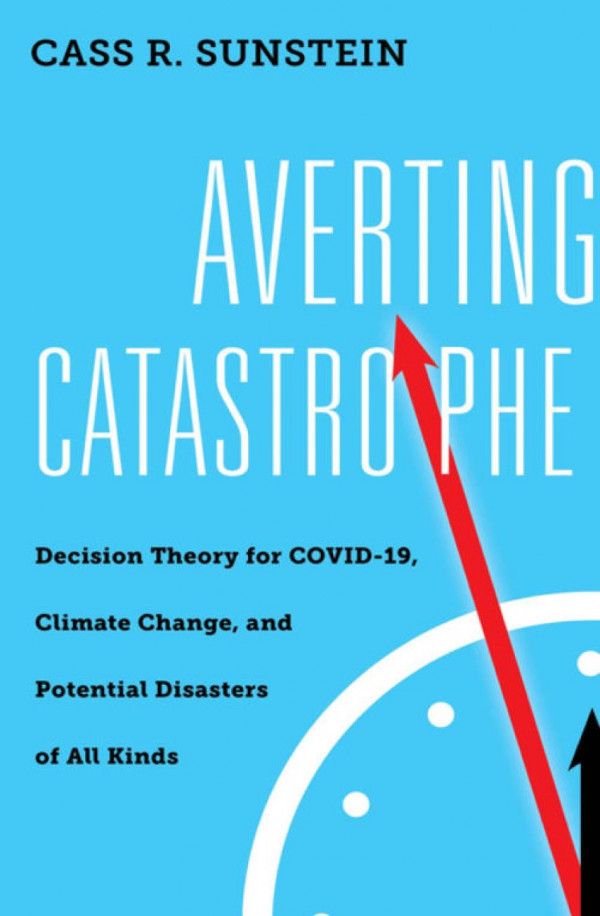

Most ebook files are in PDF format, so you can easily read them using various software such as Foxit Reader or directly on the Google Chrome browser.
Some ebook files are released by publishers in other formats such as .awz, .mobi, .epub, .fb2, etc. You may need to install specific software to read these formats on mobile/PC, such as Calibre.
Please read the tutorial at this link: https://ebookbell.com/faq
We offer FREE conversion to the popular formats you request; however, this may take some time. Therefore, right after payment, please email us, and we will try to provide the service as quickly as possible.
For some exceptional file formats or broken links (if any), please refrain from opening any disputes. Instead, email us first, and we will try to assist within a maximum of 6 hours.
EbookBell Team

5.0
30 reviewsBest-selling author Cass R. Sunstein examines how to avoid worst-case scenarios
The world is increasingly confronted with new challenges related to climate change, globalization, disease, and technology. Governments are faced with having to decide how much risk is worth taking, how much destruction and death can be tolerated, and how much money should be invested in the hopes of avoiding catastrophe. Lacking full information, should decision-makers focus on avoiding the most catastrophic outcomes? When should extreme measures be taken to prevent as much destruction as possible?
Averting Catastrophe explores how governments ought to make decisions in times of imminent disaster. Cass R. Sunstein argues that using the “maximin rule,” which calls for choosing the approach that eliminates the worst of the worst-case scenarios, may be necessary when public officials lack important information, and when the worst-case scenario is too disastrous to contemplate. He underscores this argument by emphasizing the reality of “Knightian uncertainty,” found in circumstances in which it is not possible to assign probabilities to various outcomes. Sunstein brings foundational issues in decision theory in close contact with real problems in regulation, law, and daily life, and considers other potential future risks. At once an approachable introduction to decision-theory and a provocative argument for how governments ought to handle risk, Averting Catastrophe offers a definitive path forward in a world rife with uncertainty.